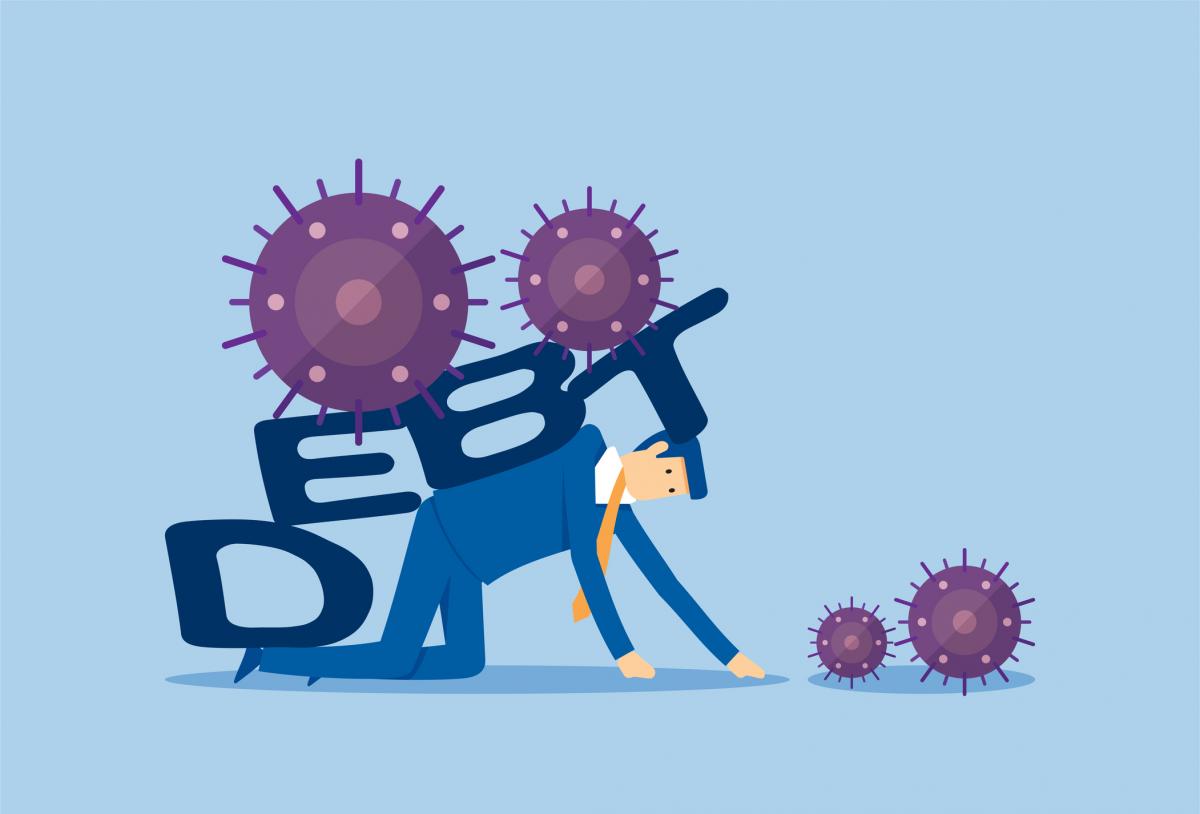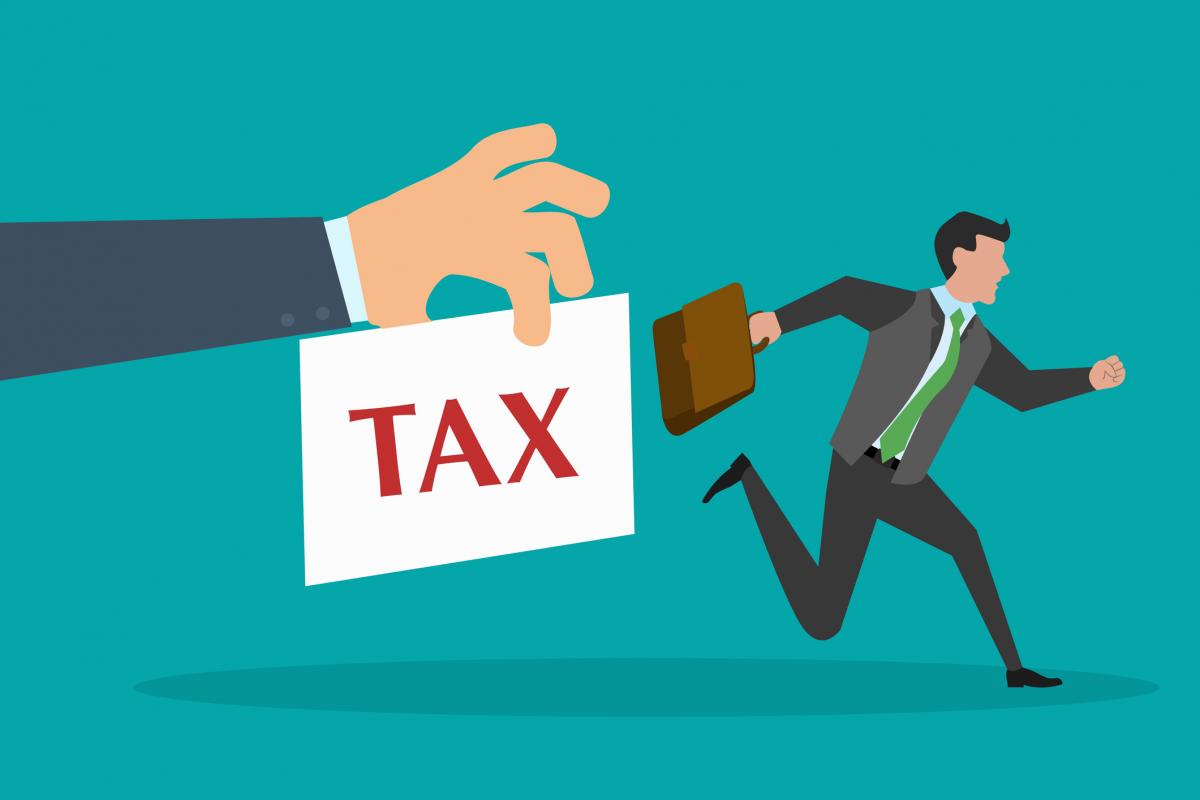Bankruptcy and Employment
Submitted by the Bond & Botes Law Offices - Wednesday, October 13, 2021
A common question asked by our clients who are contemplating filing bankruptcy is whether or not doing so will affect their employment. According to 11 U.S. Code § 525, neither a government or private employer “may terminate the employment of, or discriminate with respect to employment against ...
What is Debt Settlement?
Submitted by the Bond & Botes Law Offices - Friday, September 17, 2021
Debt settlement typically involves contracting with a debt settlement company to handle the negotiations for you. For a fee, the company will negotiate with your creditor to accept a reduced lump-sum payment of what you owe them, mostly on unsecured debt like credit cards.
Medical Debt as a Result of the Pandemic
Submitted by the Bond & Botes Law Offices - Friday, June 18, 2021

If you were treated for Covid-19, and the medical bills have started rolling in it’s especially important to be aware of your rights and how to best handle bills that you can’t pay immediately. If you were diagnosed with and treated for Covid-19, make sure you understand how the specific laws enacted could help.
Security Clearances and Continuous Evaluation
Submitted by the Bond & Botes Law Offices - Thursday, June 17, 2021
By Ronald C. Sykstus

Anyone who holds a security clearance is aware that the “renewal” for the clearance is every ten years for a secret and every five years for a top secret. I wrote previously about the big and new change regarding the use of artificial intelligence and continuous evaluations of security clearance holders.
When Should You File Bankruptcy
Submitted by the Bond & Botes Law Offices - Monday, June 7, 2021

It’s never fun to consider declaring bankruptcy. But, believe it or not, bankruptcy can be a smart financial decision in certain situations. Bankruptcy is designed to give people a fresh start when they need one. And if you file for bankruptcy, you’re taking a big step towards getting your finances under control. That’s always a responsible goal.
The Light at End of The Tunnel
Submitted by the Bond & Botes Law Offices - Tuesday, April 20, 2021

When Covid-19 hit the economy, most debt collectors gave borrowers a break, cutting back on lawsuits amid lockdowns, closed courts, and loan-forbearance initiatives. For some, this has given a little breathing room to get themselves on top of their finances and in a better position when we come out of the pandemic.
Forbearance and the CARES Act
Submitted by the Bond & Botes Law Offices - Wednesday, March 31, 2021

A forbearance is a workout option available to homeowners having a financial hardship. As the coronavirus pandemic drags on and strains Americans’ finances, 3.4 million homeowners were in forbearance in September of 2020. The typical terms of a mortgage forbearance are payments can be “skipped” for 90, 180, up to 360 days for those that are affected by COVID-19.
Bankruptcy and Past Due Federal Tax
Submitted by the Bond & Botes Law Offices - Tuesday, March 23, 2021

As a rule, most tax debts can’t be wiped out in bankruptcy—you’ll continue to owe them at the end of a Chapter 7 bankruptcy case or have to repay them in full in a Chapter 13 bankruptcy repayment plan. However, with any rule, there are always exceptions.
Bankruptcy is not a Bad Word
Submitted by the Bond & Botes Law Offices - Friday, March 5, 2021

You’ll hear a lot of people impulsively say: “bankruptcy is bad.”
That is because they have not given much thought to it and their response is based on F.E.A.R. – False Evidence Appearing Real.
Is Bankruptcy Reform on the Way?
Submitted by the Bond & Botes Law Offices - Thursday, February 18, 2021

The last big bankruptcy reform in the United States—the Bankruptcy Abuse Prevention and Consumer Protection Act (BAPCPA) that took effect in 2005—was bad for consumers. The law changes, which included the pre-filing credit counseling requirement, the means test for Chapter 7, and an increase in the required wait time between bankruptcies, was largely crafted by consumer lenders.

 1-877-581-3396
1-877-581-3396

